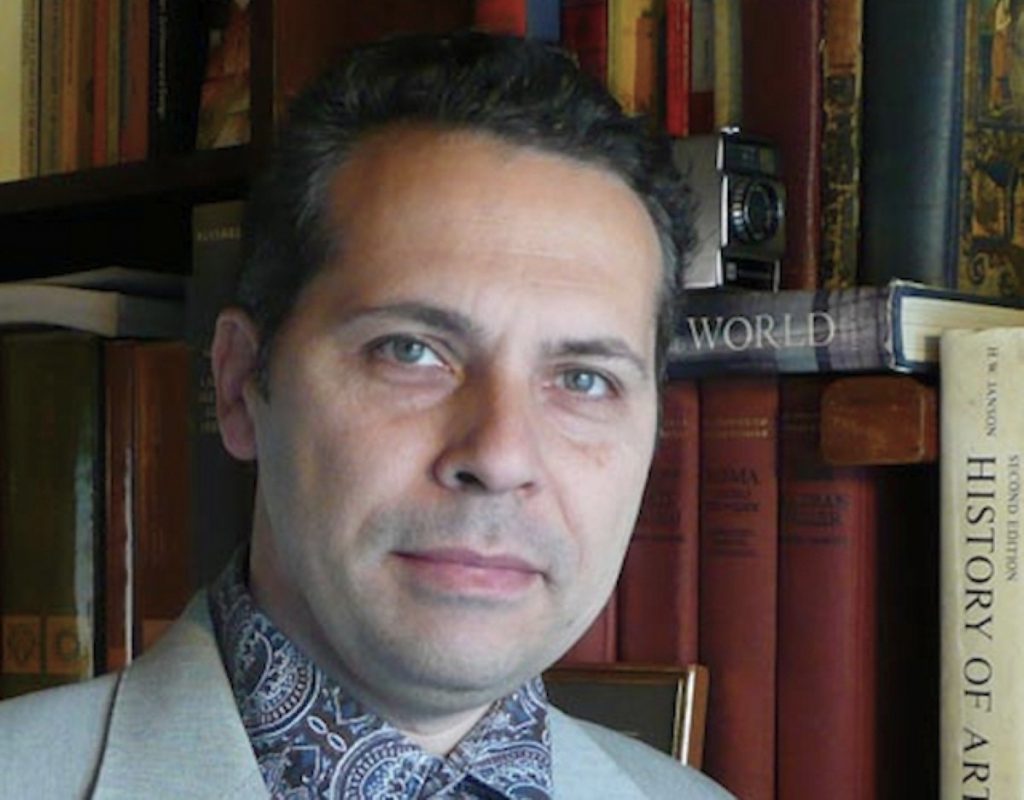Comment: Despite the Falklands, Argentina and Britain can still be friends
There is more uniting our two countries than dividing them.
By Patricio Pouchulu
Since my time as a post-graduate student at UCL in London, I've never met a single Brit who considered the Falklands a final obstacle between our countries.
The same thing applies to Argentina. I remember informal talks about this issue at different universities in London; over the years I enjoyed exquisite pints of British ale in pubs discussing the subject – even on the back seat of an old Routemaster 12 bus when crossing Westminster Bridge after midnight.


The links between our countries are still strong. I have visited parliament. The reception was friendly. I was told that once the South Atlantic problem was solved, we shall share a brilliant future together. My English friends who visit Buenos Aires fall in love with the city. Is it just a combination of good weather, great bookstores, elegant architecture and malbec? I believe something more complex attracts us.
Around 1920, the trade between UK and Argentina was as big as between the UK and the entirety of the Commonwealth. Argentina's ancestors are mostly Italian and Spanish; however, it developed its culture by the hand of France, its technical education through Germany and infrastructure through the UK: railways, stations, ports, commercial transport. As an example, Buenos Aires inaugurated the first subway of the southern hemisphere in 1913, the same time as New York. In 1931, Edward, Prince of Wales, delivered a speech to push trade and encourage British to be even more ambitious with "Argentinean people".
It was too late. Argentina became detached from its mentors and soon became industrialised. At the same time, it confronted US capitalist methods, trying to find socialist alternatives, but becoming slightly isolated in the process.
On the surface, Argentineans and Brits are almost opposite: Latin and Anglo-Saxon, relaxed and strict, informal and formal, friendly and distant. But they are quite similar underneath: eccentric, creative, brave, provocative and funny. They even share a similar sense of humour. They love to laugh at themselves. The British have more in common with Argentineans than many other nationalities. There are only two countries in the whole world where people literally queue for everything.
This is not to mention our mutual arrogance. The Falklands is neither about oil nor the Antarctic. Certainly, it is not about fishing. It is not even about its inhabitants, transplanted there by UK long time ago – unfortunate witnesses of a play in the first row of an empty, cold theatre. The Falklands conflict is about pride.
The UK is not longer an Empire. Argentina never was one. However, both countries have imperial capitals and imperial minds, even if Buenos Aires denies it, while London pretends that nothing has changed since the times of Admiral Nelson.
Neither government has enough infrastructure to exploit that endless ocean. The quest to make it profitable is barely imaginable. The UK should follow the UN resolutions and start talking about sovereignty issues. On the other hand, Argentina must understand that, after nearly 180 years, even a tiny number of inhabitants have the right to keep their lifestyle, suburban environment and nationality. It is not impossible to find a solution. The alternative is an eternal, cyclical conflict and potential war, ignited every now and then to divert public attention from domestic crisis.
Argentina and UK are fascinating countries, whose middle class is a rainbow made of writers, educators, scientists, journalists, professionals and entrepreneurs that run companies of all sizes. Once the Falklands problem is solved, both governments should join forces, signing an exemplar treaty that would inaugurate a promising era: new business partnerships and cultural agreements. Then the UK and Argentina will be able to explore, exploit and protect the southern seas and the Antarctic from unscrupulous multinationals. We can create oceanographic centres, build scientific submarines, develop study programs between our well established universities, experiment on sustainable architecture and even integrate our professional armed forces. We can show the world that two important Western countries can fight side by side against terrorism, monitor global security and natural resources, and leave a better legacy for future generations.
Patricio Pouchulu is an Argentinean architect recognised by the British Council in 1997. Known as a contemporary futurist because of his grand projects in international competitions, he is also a practicing architect in conservation areas. He writes and lectures in Europe and South America.
The opinions in politics.co.uk's Comment and Analysis section are those of the author and are no reflection of the views of the website or its owners.









